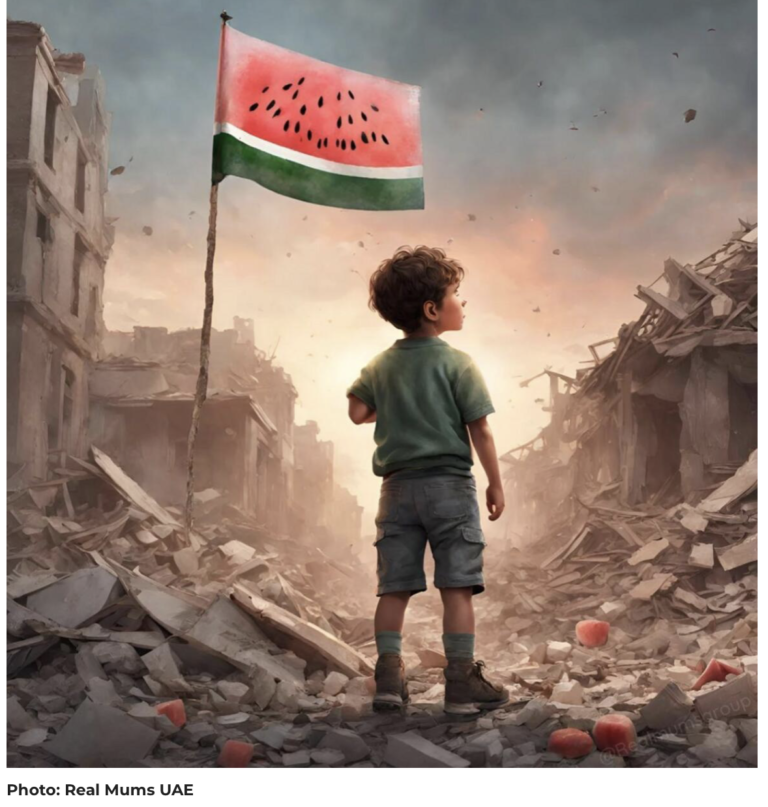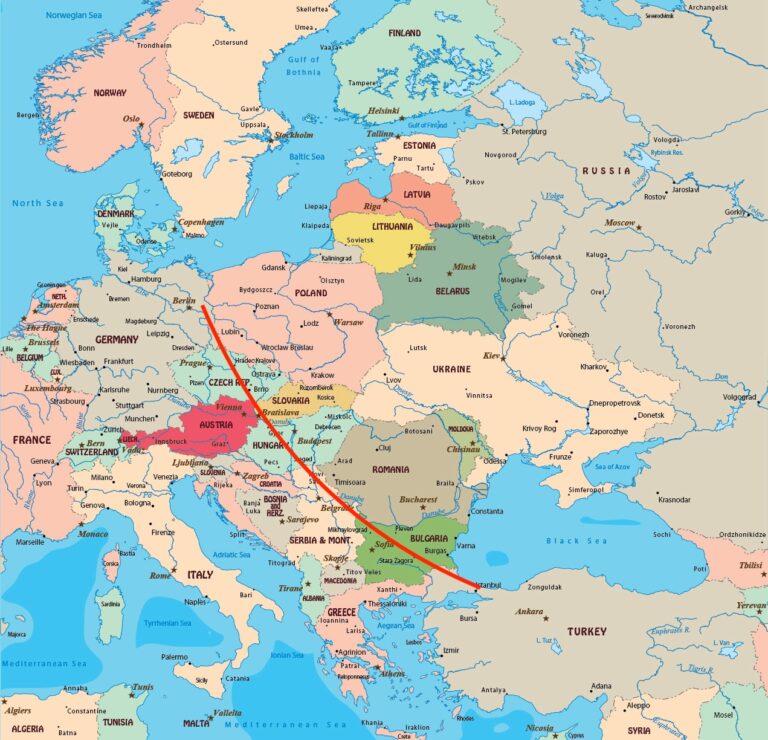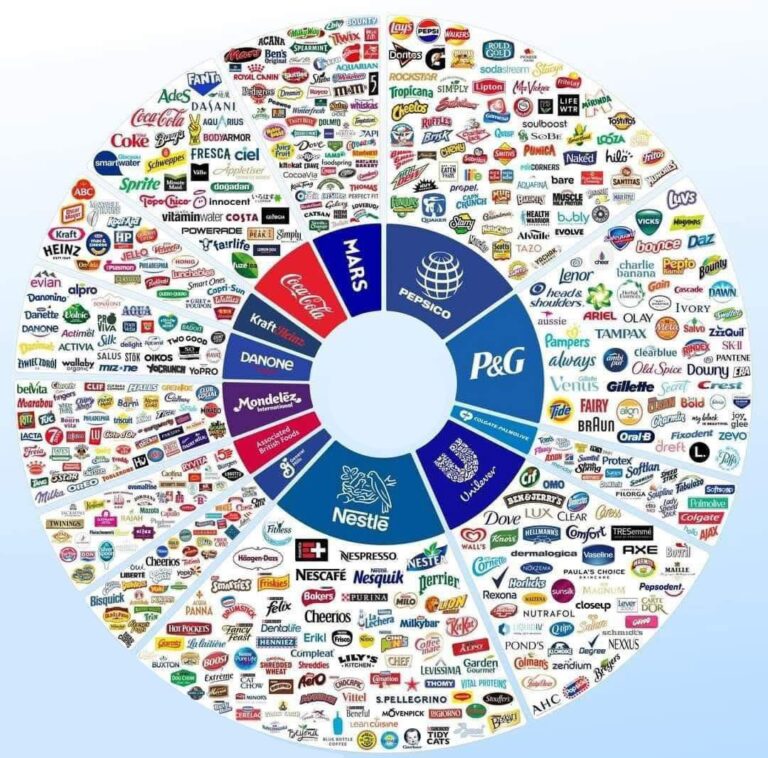By Andrea Tucci,
Following the Arab-Israeli war in 1967, public displays of the Palestinian flag were outlawed in Israel. Anyone who displayed the flag or its colors could face arrest. The ban was lifted in the 1993 Oslo Accords, but Israel’s new far-right National Security Minister Itamar Ben-Gvir ordered the removal of Palestinian flags flying in public spaces last year.
The watermelon has emerged as a powerful and subtle symbol of Palestinian identity and resistance. This symbolism stems from its distinctive colors: red, green, white, and black, which correspond to the colors of the Palestinian flag.
Another reason the watermelon might resonate: It has seeds. There’s a saying, often attributed to the Greek poet Dinos Christianopoulos, that’s popular among activists: “They wanted to bury us; they didn’t know we were seeds.” “You might be able to smash a watermelon. You might be able to destroy a fruit, but the seed is a little harder to crush…”
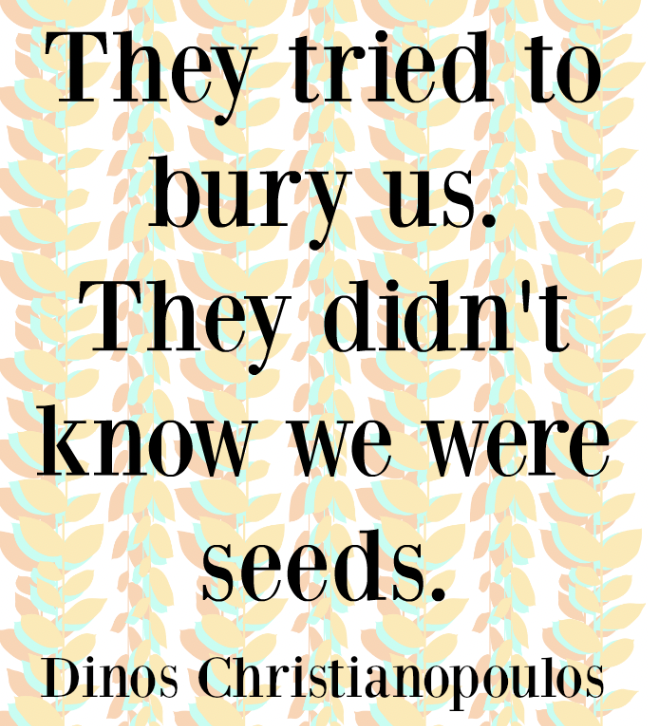
The adoption of the watermelon as a symbol is rooted in the Palestinian struggle and the restrictions placed on their national symbols.
Artists and activists began using the image of the watermelon in their work as a form of silent protest. It has been featured in paintings, murals, digital art, and even street graffiti. This visual representation became a way to assert Palestinian identity and solidarity without directly violating the restrictions on the flag.
“For decades, we have been prohibited from raising our flag; so the watermelon is considered a message: ‘I am the resistance’.
Over time, the watermelon symbol has gained international recognition. It appears in various forms of media and public demonstrations, often used by Palestinian communities and their supporters around the world to signal solidarity and raise awareness about their cause.
In January 2023, Israel’s National Security Minister Itamar Ben-Gvir instructed police to remove Palestinian flags from public spaces. In a statement, he said that waving the Palestinian flag is an act in support of terrorism.
In June, an Arab-Israeli peace organisation called Zazim began adding images of sliced watermelons on taxis plying Tel Aviv, with the accompanying text reading, “This is not a Palestinian flag”.
They found a creative way to convey our message – share now so that the message is spread as much as possible,” Amal Saad, who organised Zazim’s watermelon campaign, posted on the platform X. The response Saad received was overwhelming.
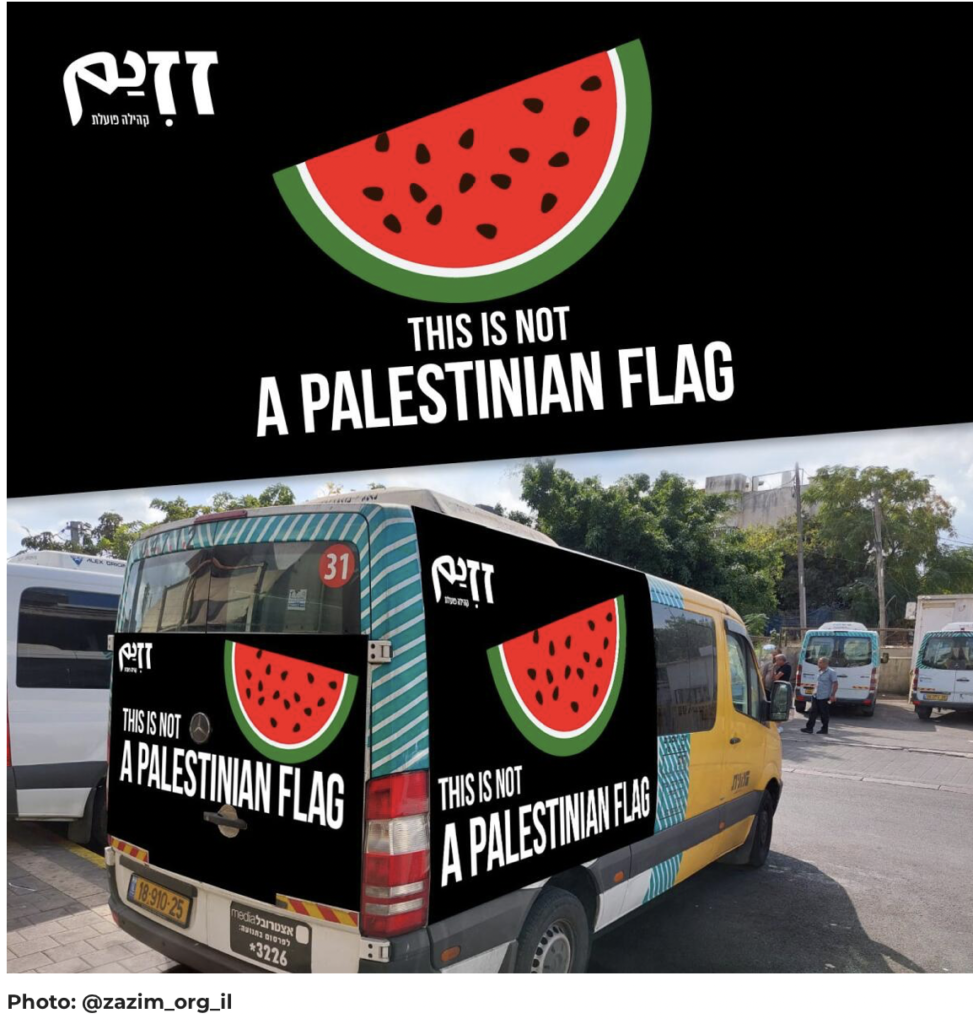
During the war in Gaza a lot of people are now complaining cause their social page no longer showed up or any post were blank, when were about Palestine.There have been several such claims on social media that posts, featuring Palestinian symbols and Arabic hashtags were subject to restrictions by major US-based platforms. In order to bypass automated content moderation and “shadowbanning” on social media, users started using “Algospeak” an evasion tactic of creating new words to avoid having their posts suppressed or flagged by content moderation algorithms. This practice is often an attempt to bypass automated filters that social media platforms employ to identify and remove content that violates their guidelines.
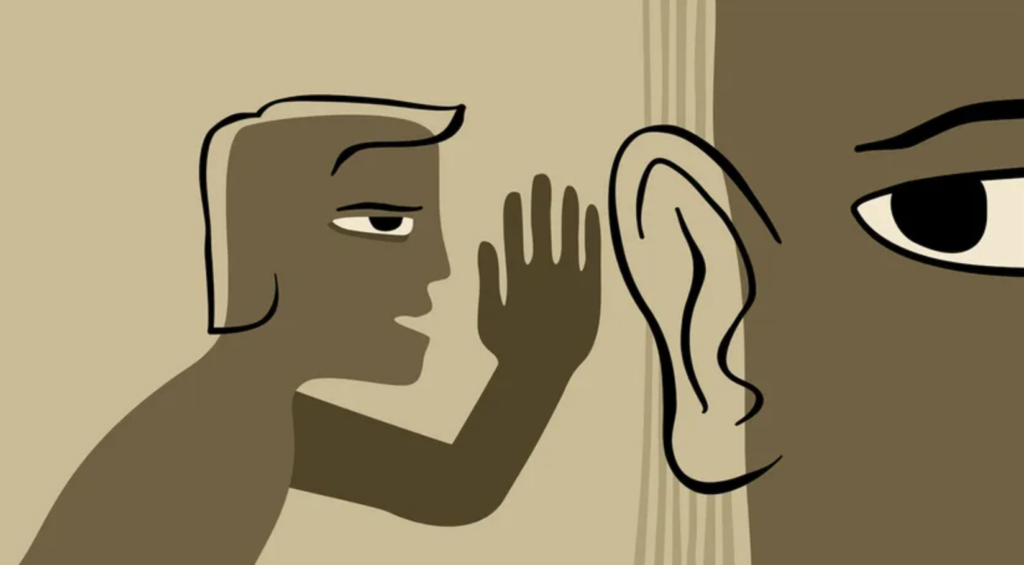
Therefore this technique is often employed to avoid censorship or to prevent content from being flagged and removed by automated systems that detect and suppress certain keywords or phrases.
“Algospeak, Emojis, Artificial Intelligence, are more than welcome if they can contribute to an independent Palestine and the end of wars in the world.”

